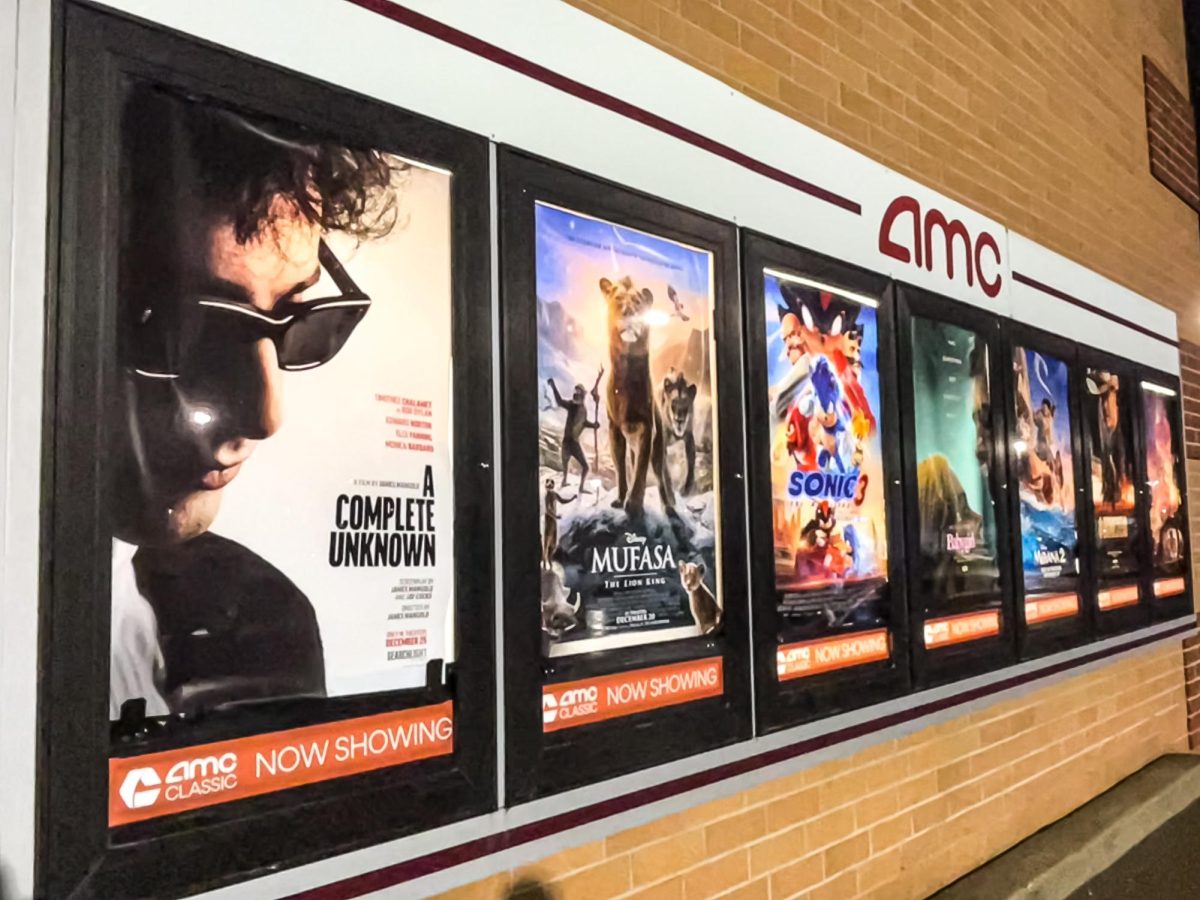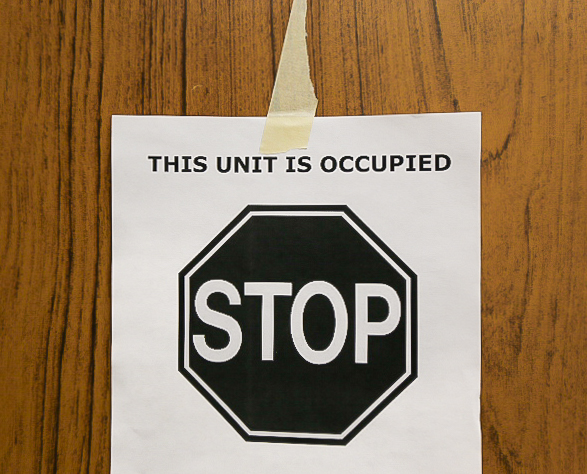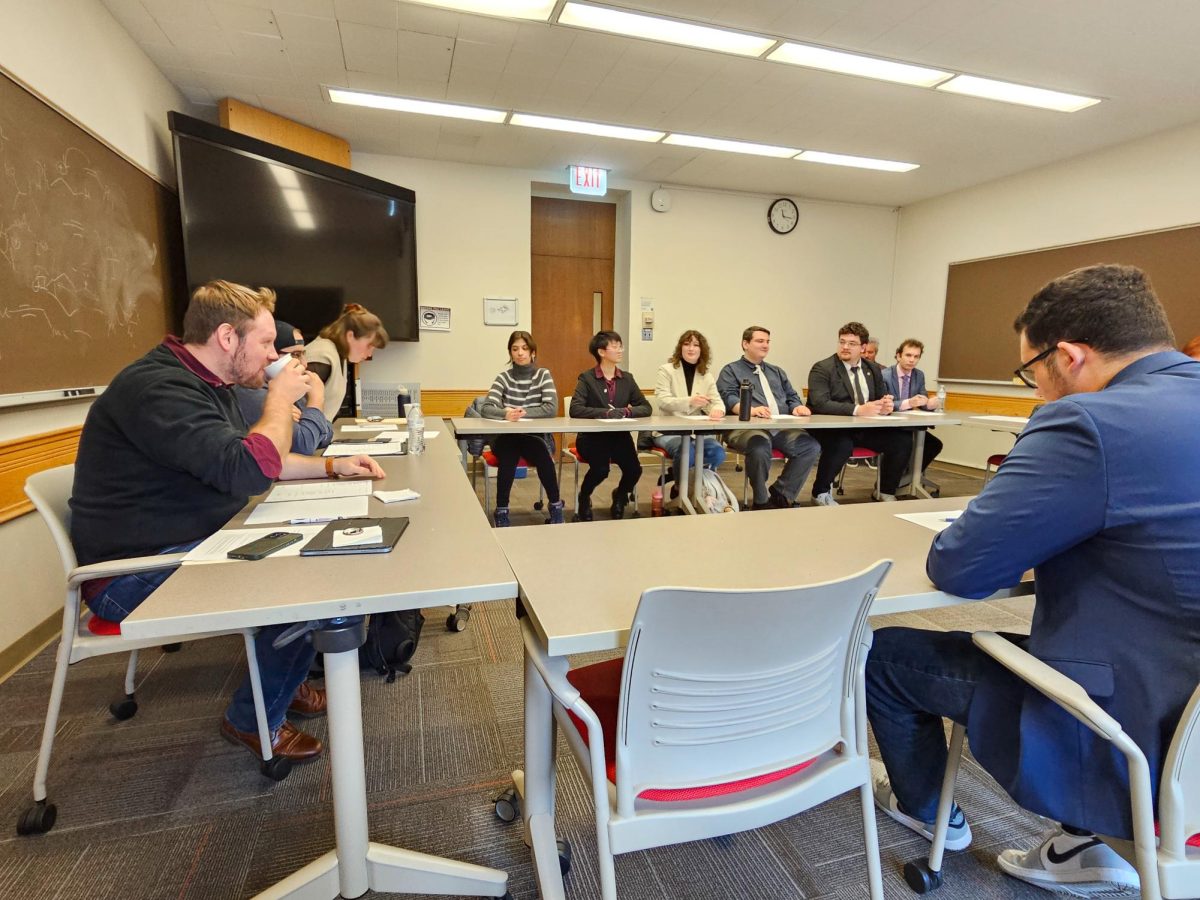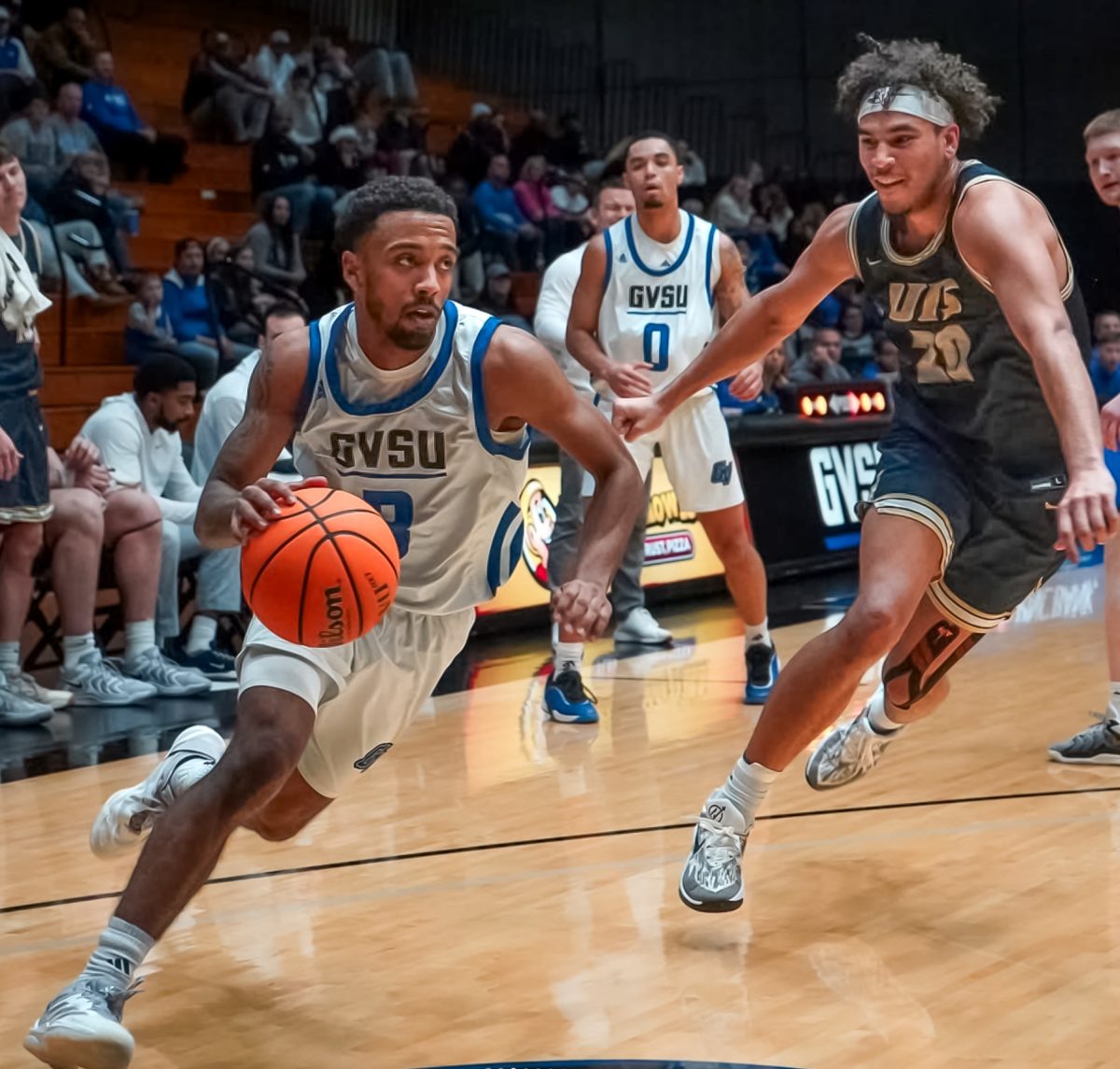Screw the ivory tower: The value of popular literature and music
Jun 26, 2014
At the university, classic literature—alongside other fine arts—is often
placed on a pedestal, canonized on a red velvet pillow, shrouded in
bulletproof glass.
And, maybe, there’s nothing wrong with that. After all, these works have
cultivated greatness through the vicissitudes of decades, centuries,
millennia. They are jam-packed with beautiful language, sociocultural
history, and insight into the human condition.
I contest none of this.
What I do contest, however, is the implication that their greatness
makes popular literature “bad” by proxy.
I often frequently hear this sort of anti-popularism expressed at the
university: The belief that what’s popular is silly, ignorant, or
aesthetically deficient.
The eye-roll when a Nicki Minaj song plays on a radio. The affirmative
“Yeah, Twilight sucks” from someone who obviously has not cracked open
the cover of a book in quite some time.
Higher education is a great thing, but it creates an environment that
sanctions egotists who hold the self-indulgent belief that their “fine”
or “intellectual” tastes make them better than the layman. In our
generation specifically, the rise of the hipster identity has only
worked to aggravate this elitism.
It’s a strange phenomenon, I think, to unflinchingly dismiss popular
opinion. It promotes the belief that the common person is ignorant and
cannot make their own informed decisions. It’s anti-democratic in a way
that seems to contradict the humanitarian mission of the university.
Not all of us feel this way, but, nevertheless, the belief persists.
I am a strong believer that the fine arts and the popular arts have
different audiences and purposes. One Direction probably never aimed for
‘literary masterpiece’ when writing “What Makes You Beautiful,” but if
that song evoked confidence in even one teenage girl with feelings of
inadequacy, all the more power to them.
I don’t understand the purpose of dismissing or worse, truly disdaining,
something that brings joy to others.
I love reading young adult novels, and I’m a firm advocate that we have
things to learn from the characters who inhabit them. Maybe they’re too
perfect, “unrealistic,” if you will, but when I’m allowed into Katniss’s
mind in The Hunger Games, I vicariously experience her fearlessness.
When I read Game of Thrones, I, like the Starks, feel strong enough to handle any tragedy which befalls me. When I read the Divergent series over break, afterward I somehow felt more capable of being brave when I felt weak.
In The Storytelling Animal: How Stories Make Us Human,
Jonathan Gottschall, who spoke at GVSU last year, claims that reading
novels taps into the evolutionary phenomenon of “play,” where we learn
by having vicarious experiences in environments where we receive no real
or physical consequences.
Just as young animals often wrestle to gain practical fighting
experience, we practice social situations and emotional experiences by
reading about them.
Classic literature provides “play” too, arguably on a deeper existential
or philosophical level. That being said, perhaps a deeper existential
or philosophical experience isn’t always what we need.

























